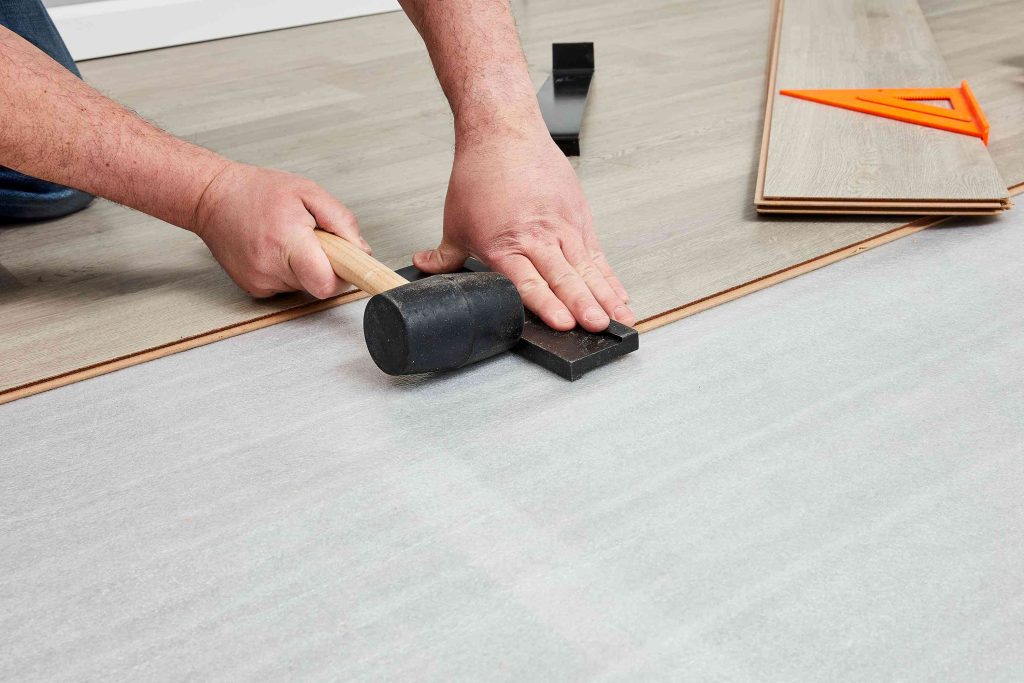
Underlayment is a crucial component of vinyl plank flooring installations. It provides a variety of benefits, such as sound insulation, moisture protection, and added comfort underfoot. When selecting the best underlayment for vinyl plank flooring, there are several factors to consider to ensure optimal performance and longevity.
Moisture Resistance:
Vinyl plank flooring is highly resistant to moisture, but it’s still important to protect the subfloor from any potential moisture issues. Look for an underlayment with moisture-resistant properties to prevent moisture from seeping through and damaging the subfloor. Moisture-resistant underlayments often have a vapor barrier or built-in moisture-blocking features.
Sound Insulation:
If noise reduction is a priority, consider an underlayment that offers sound insulation properties. This is particularly beneficial in multi-story buildings or areas where sound transmission is a concern. Look for underlayments with sound-dampening features that can help reduce impact noise and minimize sound transfer between floors.
Cushioning and Comfort:
Underlayment can provide an additional layer of cushioning and comfort underfoot. Choose an underlayment that offers sufficient thickness and density to provide a comfortable feel when walking on the vinyl plank flooring. However, ensure that the underlayment is not too thick, as it may affect the stability and integrity of the flooring installation.

Compatibility with Vinyl Plank Flooring:
Check the manufacturer’s recommendations for the specific vinyl plank flooring you are installing. Some vinyl plank flooring brands may have specific underlayment requirements or recommendations to ensure warranty coverage. It’s important to choose an underlayment that is compatible with the vinyl plank flooring you have selected.
Installation Method:
Consider the installation method of the underlayment. Some underlayments come with an adhesive backing, making them easy to install by simply peeling and sticking them to the subfloor. Others require separate adhesives or tape for installation. Choose an underlayment installation method that aligns with your skill level and the specific requirements of the project.
Durability and Longevity:
Select an underlayment that is durable and can withstand the demands of the environment. Look for underlayments made from high-quality materials that are resistant to compression, tearing, and wear. A durable underlayment will help maintain the integrity and performance of the vinyl plank flooring over time.
Cost Considerations:
Underlayment costs can vary depending on the brand, type, and quality. Consider your budget and weigh the benefits and features of different underlayments to find the best balance between cost and performance. Remember that investing in a higher-quality underlayment can contribute to the longevity and overall satisfaction of your vinyl plank flooring.
In conclusion, selecting the best underlayment for vinyl plank flooring involves considering factors such as moisture resistance, sound insulation, cushioning, compatibility, installation method, durability, and cost. By choosing an underlayment that meets these criteria, you can enhance the performance and comfort of your vinyl plank flooring installation.






